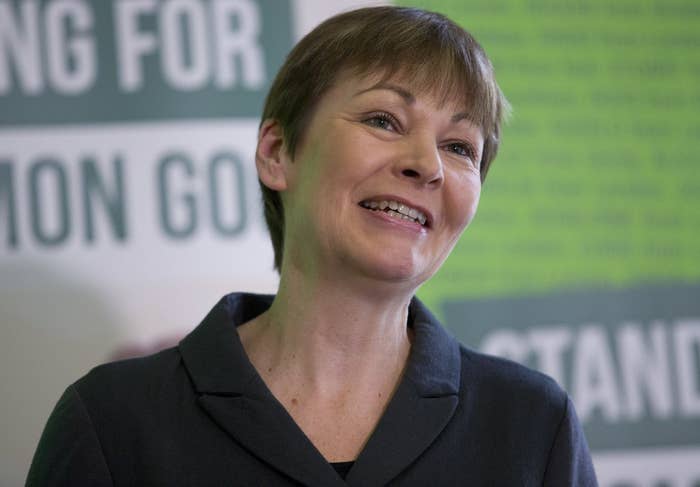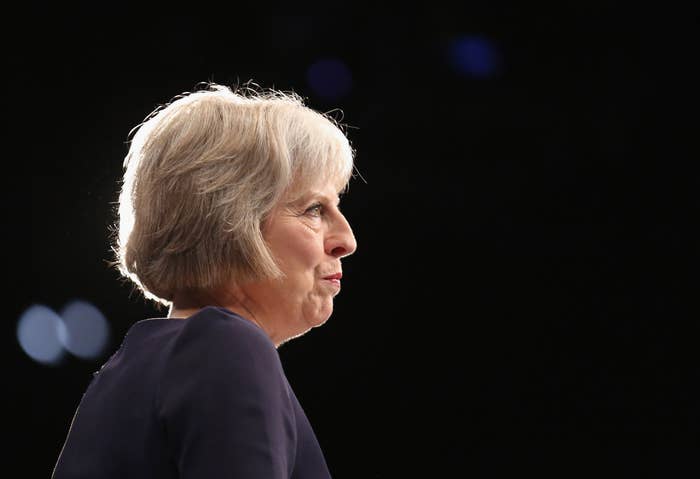
Members of parliament have no legal protection against the interception of their communications, a key UK surveillance watchdog has ruled.
The declaration contradicts a long-running understanding between successive governments and parliamentarians that communications of MPs and peers were off-limits to surveillance agencies.
The doctrine was introduced by then prime minister Harold Wilson, who said in June 1966 that he had ruled that there should be a "policy of no tapping of the telephones of members of parliament".
This was formally extended to peers in November that year, and successive governments have reassured parliamentarians the ruling was still in force — most recently, Theresa May, who during this week's Home Office Questions assured Conservative MP Peter Bone that "the Wilson Doctrine applies".
In a case brought by two Green party politicians, Caroline Lucas MP and Baroness Jenny Jones, and former MP George Galloway, the UK's surveillance watchdog has ruled the doctrine has "no legal effect".
Instead, the Investigatory Powers Tribunal (IPT) ruling says, the doctrine is "a political statement ... encompassing the ambiguity that is sometimes to be found in political statements".
The judgment that the ruling does not have legal force does not mean MPs have been the subjects of targeted surveillance, however, as the doctrine affects the guidelines set out for agencies and the political decisions of ministers, who are responsible for signing off intelligence agency surveillance warrants.

Significantly, the IPT also stressed that the Wilson Doctrine – even just as a convention – only barred targeted surveillance of the communications of parliamentarians, and did not offer them any protection against "incidental" surveillance.
This means sensitive communications of MPs with staff and constituents can legitimately be pulled into GCHQ's dragnet surveillance programmes, such as Tempora, which stores all internet content intercepted by GCHQ for three days.
These communications could be read by analysts even if they were between parliamentarians and foreign surveillance targets (or people wrongly identified as such).
Lucas, a former leader of the Greens, reacted angrily to the ruling.
"This judgement is a body blow for parliamentary democracy," she said. "My constituents have a right to know that their communications with me aren't subject to blanket surveillance – yet this ruling suggests that they have no such protection.
"Parliamentarians must be a trusted source for whistle blowers and those wishing to challenge that actions of the Government. That's why upcoming legislation on surveillance must include a provision to protect the communications of MPs, Peers, MSPs, AMs [Welsh assembly members] and MEPS from extra-judicial spying."
A spokesman for Jeremy Corbyn said the Labour leader would be examining the issue closely.
"I think everyone has concerns about intelligence agencies bugging MPs," he said. "We'll have to look at that. It's a question of concern to everyone.
"There's a question about why anyone's being bugged. Some of the activities of the intelligence agencies need to be a bit clearer"
A number of MPs, including former Conservative leadership contender David Davis, have challenged the prime minister in parliament over the Wilson Doctrine. He is expected to face further challenges on the issue.
